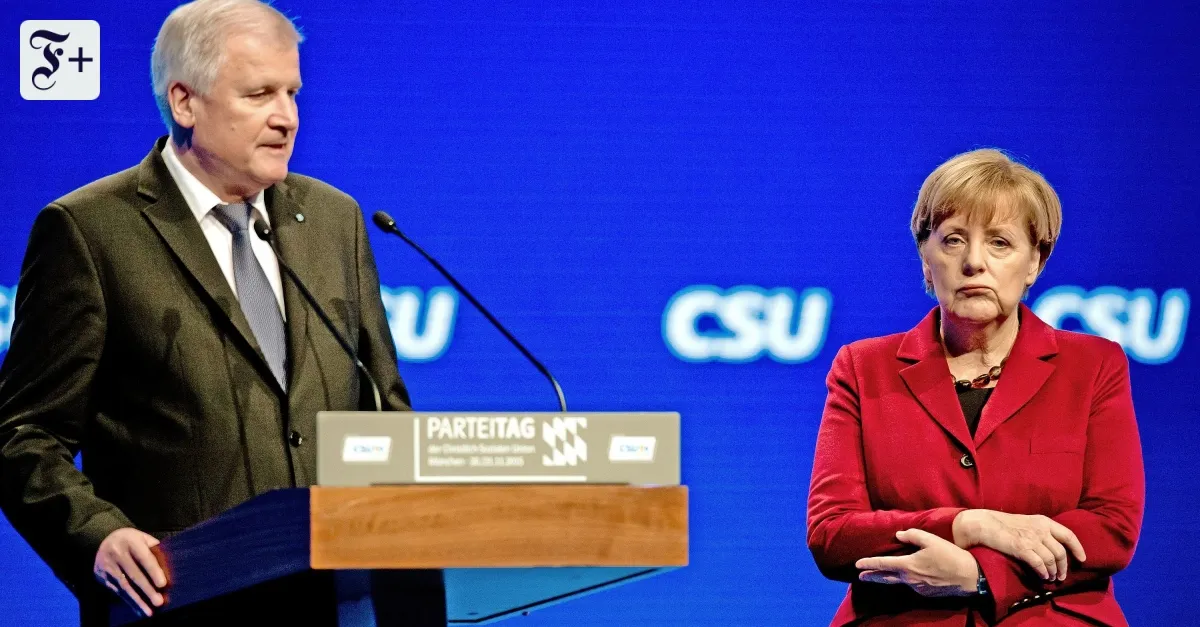Angela Merkel's Migration Policy and Its Enduring Effects

Angela Merkel's Migration Policy: Context and Decisions
Angela Merkel, shaped by her upbringing in East Germany, made pivotal decisions regarding migration during a crucial crisis in 2015. Her government's open border policy was met with mixed reactions, highlighting underlying tensions within her party.
Political Reactions and Criticism
Despite a wave of initial support for migrants, backlash grew, especially from CSU leader Horst Seehofer. Critics argue Merkel's approach has sown discord within the CDU/CSU alliance.
- Merkel emphasized Germany's historical responsibilities.
- Debates on integration and nationalism intensified.
- Political ramifications include the rise of alternative political movements.
Historical Perspectives and Future Implications
Decades after her leadership, the discussion around Merkel's decisions still resonates. The governance strategies employed during the migration crisis are referenced as benchmarks for party unity and electoral strategies moving forward.
This historical hindsight reveals the balance between compassionate policies and political pragmatism, questioning the sustainability of Merkel's legacy in modern German politics.
This article was prepared using information from open sources in accordance with the principles of Ethical Policy. The editorial team is not responsible for absolute accuracy, as it relies on data from the sources referenced.